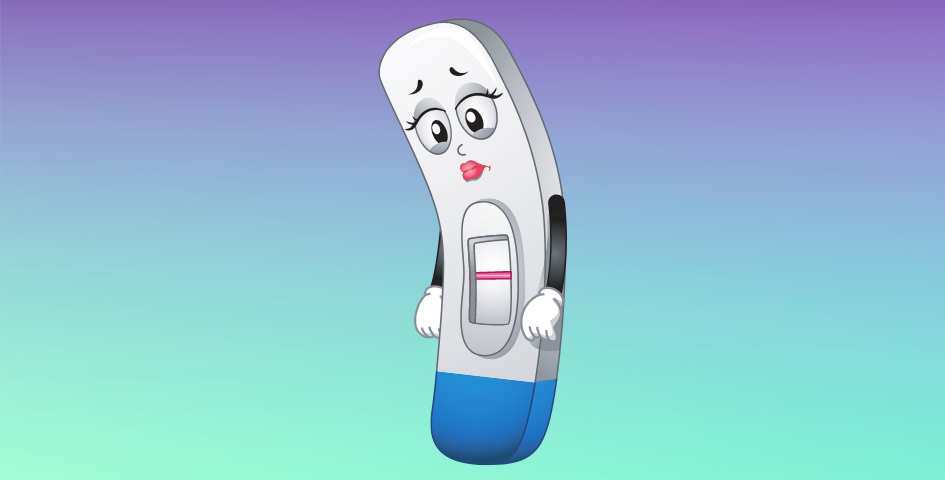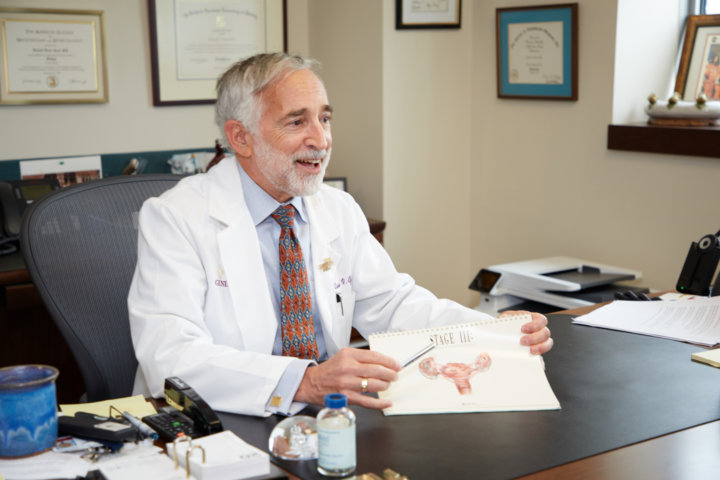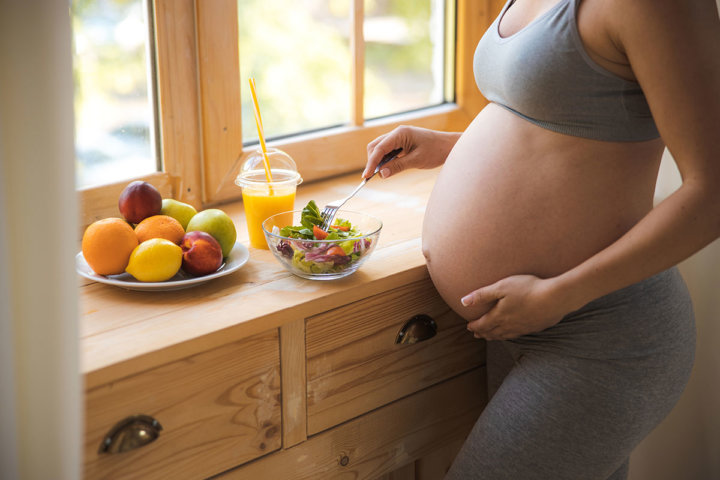Thanks to the information given to them in their high school health class, most people believe they will get pregnant the first time they have unprotected sex. Although this information prevented many unplanned teenage pregnancies, it’s not a reality for most people. In fact, infertility affects approximately one in eight couples actively trying to get pregnant.
The good news is the majority of couples trying to conceive will be successful within the first year of trying. The first year, not the first month. This is because normal, healthy couples with no fertility problems have, on average, a 20% chance each month to conceive. So, before deciding to see a fertility specialist, it’s important to understand what infertility is.
What is infertility?
Infertility is a when a couple is not able to get pregnant within a certain time period, broken down into different age brackets. It is highly recommended to see a fertility specialist if you are:
- Under 35 years old, and have been trying to conceive for one year
- 35 years or older, and have been trying to conceive for six months
- Over 40 years old, regardless of how long you have been trying. Even if you are still just thinking about conceiving it is best to have a fertility consultation.
Read Age & Fertility
Individuals or couples with risk factors for infertility, should see a fertility specialist regardless of their age. These risk factors include:
- Women with PCOS or Endometriosis
- Women with irregular periods
- Individuals with a history of a sexually transmitted disease, like chlamydia or gonorrhea
- Individuals who have had chemotherapy or radiation treatment
- Men who have had testicular or groin surgery
- Men experiencing sexual dysfunction, impotence or have had an abnormal semen analysis
Since at least 25% of infertile couples have more than one factor causing infertility, it is very important to have both partners attend the initial consultation. This way your physician or nurse practitioner can evaluate all factors that may affecting your ability to conceive.
Fertility consultations for same sex couples and singles
Couples in a same sex relationship, and individuals looking to become single parents, should also see a fertility specialist as soon as possible. Remember the fact above? Healthy individuals with no fertility issues have a 20% chance to conceive each month. Although fertility treatments do better than “Mother Nature” and increase a patients odds of conceiving, they are still not 100% guaranteed to work on the first try. It can take multiple cycles to get pregnant; and more cycles are needed with increasing age. Since age is a primary factor in infertility – regardless of marital status or sexual orientation – every month matters.
When to see a fertility doctor or specialist
A crucial point to keep in mind is that fertility treatments are not “one size fits all” and are determined for each individual. It can take several failed cycles before a risk factor for infertility is diagnosed in a same sex couple or a person looking to become a single parent. Those failed cycles would be the equivalent of the individuals trying to get pregnant naturally.
Next up – Learn what you should expect at a fertility assessment
If you would like to learn more about GENESIS Fertility New York or are ready to schedule an appointment, please speak with one of our representatives at 929-605-5467.






